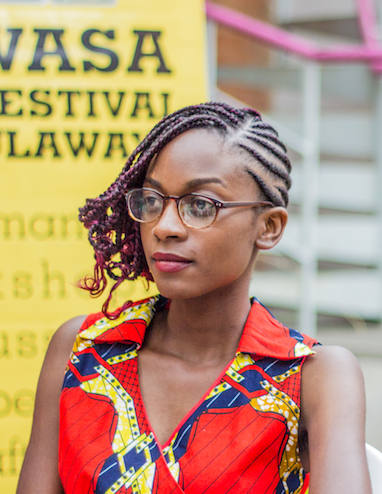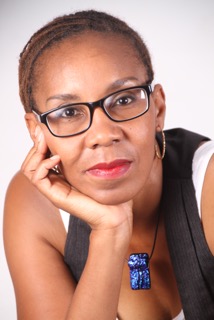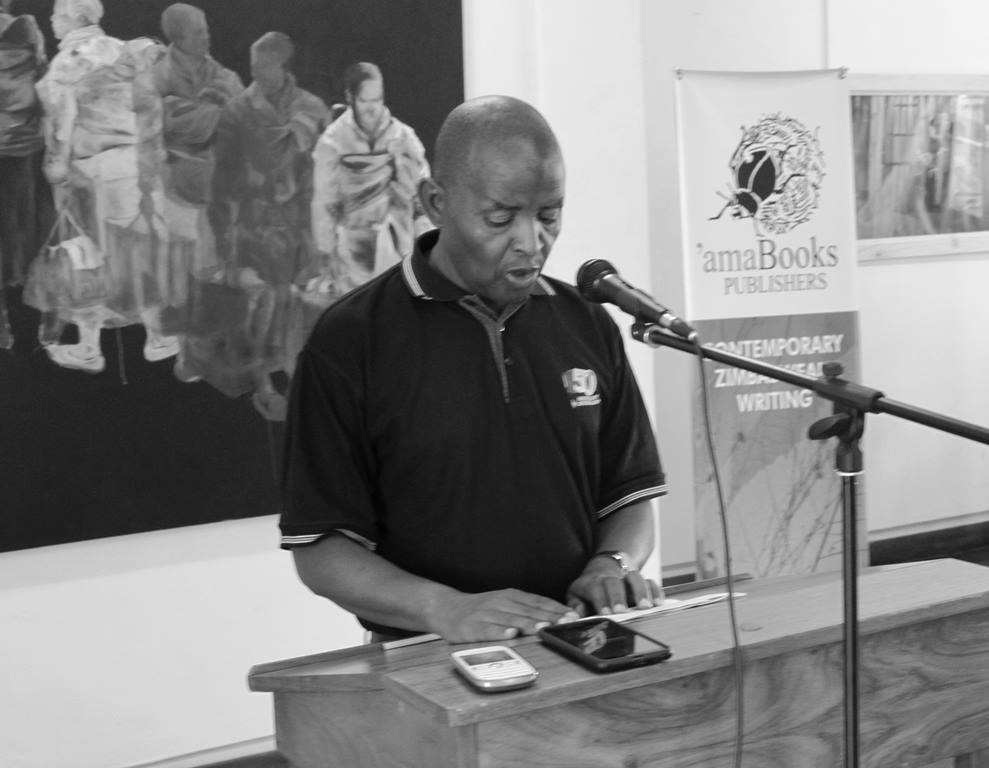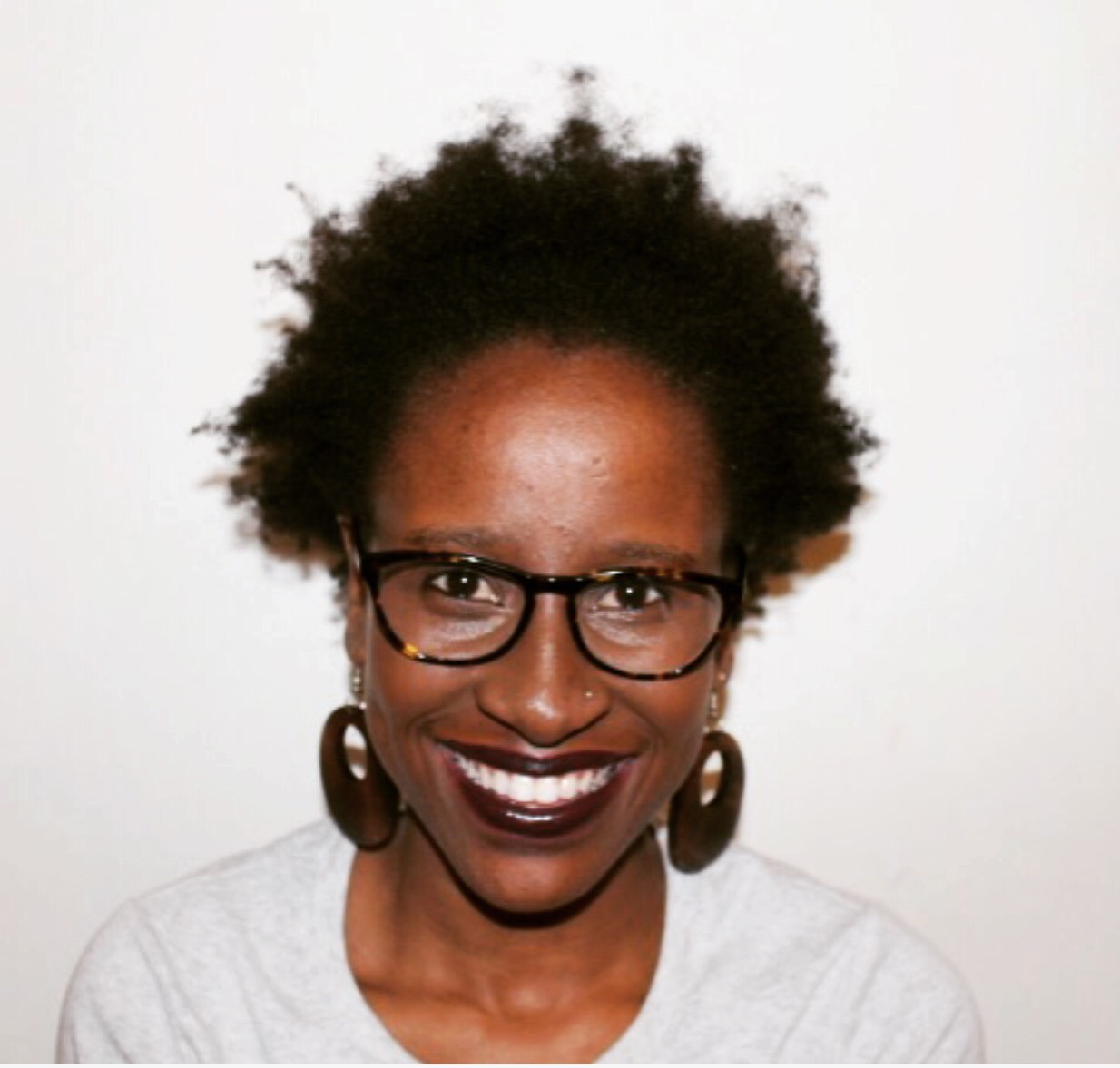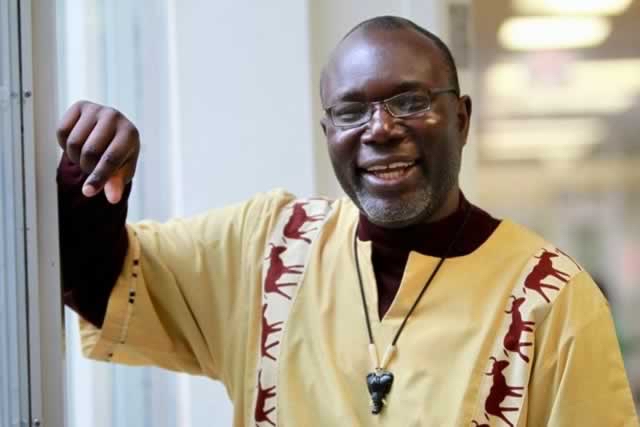from http://lithub.com/25-new-books-by-african-writers-you-should-read/
February 2, 2016
25 NEW BOOKS BY AFRICAN WRITERS YOU SHOULD READ
By Aaron Bady
There has never been a better time than
right now to be a reader of African literature, especially in the United States
(historically, an underdeveloped nation in this regard). Of course, we’re still
playing catch-up; many of these books have already been published in South
Africa, Nigeria, or the UK, or in their original language. But that just means
that old classics are becoming suddenly available alongside emerging new
voices. So if you’re looking for something to read, and you want it to have the
word “African” attached to it, here are my top 25 suggestions for the first six
months of the new year. All dates are for U.S. publications. Chain bookstores
won’t carry most of these, so you might have to do something as laborious and
difficult as click a link–or ask your local bookstore to place a special
order–but the one thing you can’t do, any longer, is complain you have nothing
to read. You have your orders; go forth and read.
Available now: The Kindness of Enemies by Leila Aboulela (Grove Atlantic)
The winner of the very first Caine Prize for
African writing in 2000, Leila Aboulela is always briskly readable, but her
intimate stories also have a depth and weight to them that stays with you long
after you’ve put the book down. And though there is no shortage of secular
writers writing about religion, Aboulela is the rare reverse, a novelist whose
deep Muslim faith animates her explorations of Islamic identity in the secular
world. Each chapter of The Kindness of Enemies begins in present-day
Scotland—where a history professor must grapple with how to respond to a
student of hers, she has been told, who has become “radicalized”—before moving
back into the 1850s, where we get the story of her student’s ancestor, the Imam
Shamil, whose 30-year campaign against the expanding Russian empire stands as
one of the most successful military jihads in history. But as with all of
Aboulela’s novels, her focus is essentially intimate, the story of small lives
and loves; against the backdrop of war and empire, Aboulela’s eye is on human
stories about lost faith and lost children, some of which are sometimes found
again.
Available now: The Happy Marriage by Tahar Ben Jelloun (Translated by André
Naffis-Sahely · Melville House)
Tahar Ben Jelloun is the sort of writer who
gets mentioned every year as a possible contender for the Nobel, though he’s
probably too good to ever get it. France claims him and he lives in Paris, but
the focus of his novels has always been Morocco. From a very nice Paris Review
interview, Jelloun describes why he writes in French:
At the lycée we studied the Arab classics;
I became aware of the richness and subtlety of Arabic when I began to do
translations. To me it was another good reason not to tinker with it. Also, as
it is a sacred language, given by God in the shape of the Koran, it is
intimidating—one feels very small in front of this language. The other day
Adonis, a great Lebanese poet, told me that the Arabic language has not yet had
a writer stronger than itself, capable of subduing it. One speaks of English as
the language of Shakespeare, of Italian as that of Dante, but we don’t say
Arabic is the language of al-Ghazali—it is always the language of the Koran. It
is inhibitive; one would feel almost guilty manipulating it… Arabic is a sacred
language, and Arab authors are in awe of it; they can’t use violence against
it.
In The Happy Marriage, a painter tells the
story how his marriage collapsed as he is recovering from a stroke that he
blames his wife for provoking; when his wife reads his account of these events,
she gives her own side of the story.
Available now: The Book of Memory by Petina Gappah (Farrar, Straus and Giroux)
Petina Gappah’s The Book of Memory is the
only Nabokovian meditation on living in memory—from the perspective of an
albino inmate of a Zimbabwean women’s prison—that you need to read this year.
The long-awaited first novel by the author of An Elegy for Easterly, this book
is a marvel, fluttering from high to low with a deceptive ease, and slipping in
more words per page of untranslated Shona than any book this readable has any
right to contain. But though An Elegy for Easterly was widely praised for its
dissection of contemporary Zimbabwean politics and society, and despite all of
its wonderfully granular detail and quotidian attentiveness to the life of a
maximum security death row inmate in Zimbabwe—no doubt informed by Gappah’s
years as a lawyer—The Book of Memory is ultimately much less interested in the
particularities of Zimbabwe in the Mugabe era, or in the law, or even in race
than in the story of how we float on the currents of time on the brightly
colored wings of memory.
February 15: Rachel’s Blue by Zakes Mda (University of Chicago Press)
I always feel bad that I haven’t read more
of Zakes Mda’s work, but every time I read one of his books, it feels like he’s
published another novel or two. His dozens of plays and novels were written in
the decades of South Africa’s long, slow, painful transition from Apartheid but
range across its even longer and more painful history, from early colonialism
to the present, excavating histories and memory that never made it to the
official records of truth and reconciliation. An astute critic once described
him as living in a different country than J.M. Coetzee, and I like the
comparison: Coetzee’s South Africa is a white landscape of metaphysics and
philosophy, while Mda’s novels are hyper-local Dickensian panoramas, painted in
blood-red. His 2012 memoir, Sometimes There is a Void, describes how—after a
long journey through a very eventful life—he now finds himself teaching
creative writing in Athens, Ohio, and Rachel’s Blue is his first novel set
completely in the United States.
February 15: The Maestro, the Magistrate & the Mathematician by Tendai Huchu
(Ohio University Press)
February will be a good month for fiction
from Zimbabwe: along with Petina Gappah’s long-awaited first novel, the second
of Tendai Huchu’s two novels will finally be available in the US, and it will
be well worth the wait. His first novel, The Hairdresser of Harare, was a black
comedy of political manners, in the Zimbabwe of ZANU-PF and hyperinflation—and
along with a sly treatment of sexuality that’s worth the price of admission
alone—it put Huchu’s name on a lot of lists of writers to watch. In The Maestro,
The Magistrate & The Mathematician, he has moved outward to the community
of expatriate Zimbabweans living in Edinburgh but waiting for the time to be
right to return, triumphantly, home. As he put it in an interview, “most of the
novels I read about diasporas are about folks on a sort of upward trajectory
and I kind of wanted to go in the opposite direction.” His cast is mostly very
highly educated people, living and working in low-wage jobs while dreaming of
home. He splits the story between three interlinked-but-detached
perspectives—between the maestro, the magistrate, and the mathematician—but out
of it produces a single “a book of illusions;” as he puts it, “though the
narrators of all three novellas are reliable, they are still being lied to.”
February 16: And After Many Days by Jowhor Ile (Penguin Random House)
Everybody is very excited about this debut
novel from a writer living in Port Harcourt, Nigeria—Taiye Selasi, Uzodinma
Iweala, A. Igoni Barrett, and Binyavanga Wainaina have all praised it to the
heavens, and if Penguin doesn’t send me a review copy soon, I’m going to be as
grumpy and petulant about it as a toddler deprived of his milk. I’ve been
waiting for this novel since 2013, when Chimamanda Ngozi Adichie happened to
mention, in an interview, that “There’s a young man called Johwor Ile who is
just finishing a novel, who I think is really spectacular. His novel, when it
comes out, will be very good.” So I’m not going to read anything more about
this novel until it’s in my hands, which damn well better be soon. (You hear
me, Penguin?!)
February 28: Kaveena by Boubacar Boris Diop (Translated by Bhakti Shringarpure
and Sara C. Hanaburgh · Indiana University Press)
Boubacar Boris Diop is one of the giants of
Francophone African literature, and though he’s never been a very prolific
writer, it’s taken some time for the Anglophone world to get around to
translating him (thank you, Indiana University Press!); until last year,
Murambi, The Book of Bones was his only novel in English; now, hard on the
heels of the translation of The Knight and His Shadow, we’re finally getting
his most recent novel, Kaveena: a portrait of a nation’s dissolution in coup
d’etat, a novel narrated by the chief of an unnamed country’s secret police,
trapped in a bunker with the rotting body of the dictator. I hope we get a
translation of Doomi Golo, his novel in Wolof, soon; he translated it into
French, himself, so I can’t see why we wouldn’t. By the way, if you are totally
unfamiliar with literary Françafrique, his collection of essays Africa Beyond
the Mirror is a good place to start for getting a sense of the politics and
terrain; he’s always opinionated, always passionate, and always worth reading.
March 1: Blackass by A. Igoni Barrett (Graywolf)
Igoni Barrett’s 2013 Love Is Power, or
Something Like That is one of the best short story collections I’ve ever read,
and since Blackass was published last year in Nigeria and the UK (to rapturous
reviews) I’ve been waiting in the US for Barrett’s first novel with a certain
amount of piqued urgency. Get it published already! People like to compare
Barrett’s books to modernist masterpieces—Love is Power was Lagos’ Dubliners;
Blackass is Kafka’s “Metamorphosis” in Nigeria—but all of that is just a way of
saying that this guy is really, really good. For example, “The Worst Thing That
Happened.” And here’s a nice essay in which he describes how he came to be a
writer; and here’s another one.
From Publishers Weekly’s review of
Blackass:
On the morning of a long-awaited job
interview, Furo Wariboko, a black Nigerian, wakes to find that he’s white.
Rushing out of the house to avoid being seen, Furo ends up trekking across
Lagos’s traffic-choked sprawl, sans phone, money, or an explanation for why he
looks white and sounds Nigerian. But as he soon discovers, being an oyibo, or
light-skinned person, comes with significant perks… For Americans unfamiliar
with Nigeria, Lagos functions as another character in the book, a fascinating
and chaotic megacity populated by people trying to move up in the world—some
honestly, some less so. It’s no coincidence that Furo’s new job is selling
self-help books. All this would be plenty, but Barrett, initially in the book
as a bystander from whom Furo cadges a drink, becomes more central, as he too
begins to undergo a transformation.
March 1: Fuchsia by Mahtem Shiferraw (Nebraska University Press)
Each year, the African Poetry Book Fund
(directed by Chris Abani and Kwame Dawes) publishes the first collection by the
poet who wins the Sillerman First Book Prize for African Poetry. The winners
for the previous two years were Clifton Gachagua’s Madman at Kilifi and Ladan
Osman’s The Kitchen-Dweller’s Testimony; they are both sublime, so I have high
hopes for this year’s edition, Ethiopian-American poet Mahtem Shiferraw’s
collection Fuchsia which “examines conceptions of the displaced, disassembled,
and nomadic self.” If you can’t wait, you can get her chapbook now, Behind
Walls & Glass, or you can read some of her poetry online: “Blood
Disparities,” “She says they come at night…,” “E is for Eden,” “Something
Sleeps in the Mud-Beds of the Nile,” “Small Tragedies,” “Synesthesia.” (I can’t
wait).
March 1: The Face: Cartography of the Void by Chris Abani (Restless Books)
Part of a wonderfully eccentric series from
Restless Books, Chris Abani’s exploration of his own face is a kind of
mini-memoir, unpacking the histories, stories, and genealogies contained (and
fetishized) inside this window to the soul. It’s a quick and easy read, a minor
work by a major writer, though it will give you a good sense of why you should
continue on and sample his poetry—Sanctificum, for example, is magnificent.
March 1: The Lights of Pointe-Noire by Alain Mabanckou (Translated by Helen
Stevenson · New Press)
Recently elected a visiting professor at
the Collège de France, it has only taken a decade of residence in the United
States for Americans to figure out who Alain Mabanckou is—French being one of
the most difficult and obscure African languages—but the word is finally
starting to spread. His novels are swampy drunken carnivals of language and
violence, and they’re as funny as they are dead serious; if he wasn’t getting
so respectable and respected, I’d describe him as African literature’s enfant
terrible. Following up from Tomorrow I’ll be Twenty, the first volume of his
memoir, The Lights of Pointe Noire is an account of Mabanckou’s return to his
hometown, after decades abroad. From the opening:
For a long time I let people think my
mother was still alive. I’m going to make a big effort, now, to set the record
straight, to try to distance myself from this lie, which has only served to
postpone my mourning. My face still bears the scars of her loss. I’m good at
covering them over with a coat of fake good humor, but suddenly they’ll show
through, my laughter breaks off and she’s back in my thoughts again, the woman
I never saw age, never saw die, who, in my most troubled dreams, turns her back
on me, so I won’t see her tears. Wherever I find myself in the world, it takes
just the cry of a cat alone at night, or the barking of dogs on heat, and I’ll
turn my face to the stars…
March 8: What Is Not Yours Is Not Yours by Helen Oyeyemi (Penguin Random
House)
A short story collection from Helen Oyeyemi
is an event. No one does the uncanny like she does, or the grisly spookiness of
childhood. Get it; read it; tell your friends.
March 15: Baho! by Roland Rugero (Translated by Chris Schaefer · Phoneme Media)
Only a year or two old, Phoneme Media is
already doing an amazing job of finding authors and works from parts of Africa
we don’t normally get to hear from. Last year they brought out
Inongo-vi-Makomè’s Natives—translated from his Equatorial Guinean Spanish—and
this year they’re bringing out the first Burundian novel translated into
English. The excerpts I’ve seen are promising, as is this description:
When Nyamugari, an adolescent mute,
attempts to ask a young woman in rural Burundi for directions to an appropriate
place to relieve himself, his gestures are mistaken as premeditation for rape.
To the young woman’s community, his fleeing confirms his guilt, setting off a
chain reaction of pursuit, mob justice, and Nyamugari’s attempts at
explanation.
(Also watch for Obi’s Nightmare, a graphic
novel about a dictator forced to live the horror of being one of his own
subjects…).
March 15: Whitefly by Abdelilah Hamdouchi (Translated by Jonathan Smolin ·
AUCP).
Described as the first Arabic detective
novel translated into English, it had me at “spiraling conspiracy of
international sabotage on the beaches of Tangiers.” You can read an excerpt
here.
April 1: 100 Days by Juliane Okot Bitek (University of Alberta Press)
For 100 days, Juliane Okot Bitek recorded
the lingering nightmare of the Rwandan genocide in a poem—each poem recalling
the senseless loss of life and of innocence. Okot Bitek draws on her own
family’s experience of displacement under the regime of Idi Amin, pulling in
fragments of the poetic traditions she encounters along the way: the Ugandan
Acholi oral tradition of her father, the poet Okot p’Bitek; Anglican hymns; the
rhythms and sounds of slave songs from the Americas; and the beat of spoken word
and hip-hop.
April 1: Collected Poems by Gabriel Okara (Nebraska University Press)
Along with publishing a first book by an
emerging new African poet each year, the Africa Book Fund has also committed to
publishing a collected edition of “a major living African poet” each year, and
this year it is Gabriel Okara, the only person who could ever be called both
“the elder statesman of Nigerian literature and the first Modernist poet of
Anglophone Africa.” Those who know, know who he is; who no know, go know.
April 12: Water: New Short Story Fiction from Africa: An Anthology from Short
Story Day Africa (Edited by Karina Szczurek and Nick Mulgrew · New
Internationalist)
This is the third year these good folks in
South Africa have collected and published previously unpublished short fiction
on a theme, and each year their vision gets broader (and they already have a
fantastic track record of discovering hitherto unknown writers). In an
interview I did with Rachel last year, she described SSDA’s evolution:
We’d always intended the project to develop
organically, though how we thought that would happen turned out to be very
different to the end result. I guess we didn’t expect the response to the
project that it got. I think, when it started, writers on the continent were
looking for somewhere to publish their work, work that didn’t necessarily have
appeal to a Western publishing industry that pretty much wanted to tell the same
stories the media was telling about Africa. Social media was just a couple of
years old and it was either get published in the West, or you were pretty much
voiceless. In the first year, we just published an extended circle of writers
we knew and writers they knew on a website I’d thrown together. We were email
based then. The second year we were inundated with requests from writers to
send us their stories, and we started the Facebook page. By the third year,
writers beyond Southern Africa were asking to be included, so we changed the
name, made a new Facebook page and opened it up to any African writer.
April 15: Tales of the Metric System by Imraan Coovadia (Ohio University
Press)
There are so many amazing writers coming
out of South Africa, and Imraan Coovadia is one of the most daring; his
Green-Eyed Thieves is a wicked and weird riff on the crime novel, and from what
I’ve heard, Tales of the Metric System will be equally memorable. Since I
haven’t read it, and since what I’ve read makes the novel sound very difficult
to paraphrase, I’ll hand the mic over to Jeanne-Marie Jackson, who reviewed the
novel in an essay for n+1, on “The Novel of Ideas”:
A number of critics have made stock
comparisons between Coovadia and the English novelist David Mitchell and the
Nigerian Adichie because Tales of the Metric System hops around a lot in time
and space. But that’s getting it the wrong way round. The book isn’t about how
the world network defines our new reality: it displays Coovadia’s lingering
investment in mapping a single nation. He does this across ten different plots
divided into sections headed by references variously to their period or setting
(“School Time”, “Soviet Embassy”), to a significant object (“The Pass”, “Vuvuzela”),
or to a central event (“Truth and Reconciliation”). These sections, each of
which appears only once, are arranged in nonchronological order and cover
timeframes from 1970, when the metric system was introduced in South Africa, to
1999, which saw the close of the postapartheid Truth and Reconciliation
Commission, to 2010, the year of the World Cup.
April 12: The Reactive by Masande Ntshanga (Two Dollar Radio Press)
This is a novel about AIDS and drugs: set
in the period in which the South African government refused to acknowledge the
AIDS crisis, it’s the story of a group of young men who sold anti-retroviral
medication to those who couldn’t access the medication. As Ntshanga described
in an interview with his publisher, Columbus, Ohio’s own Two Dollar Radio:
The ARV crisis of the early 2000’s was one
of the more defining historical moments of my generation—followed, now, by the
student protests of 2015—and personally, since the project was intended to also
educate me about empathy through the process of writing it, it was important
for me to find a socio-historical parallel for Lindanathi’s narrative;
something that included other people and rooted him within his society. From
memory, I remember that time feeling like a post-liberation interregnum, a
deadlock that spread a feeling of general malaise as the country became
reacquainted again with absolute state power—and its new national identity
began to disintegrate.
April 19: New-Generation African Poets: A Chapbook Box Set: Tatu (Akashic
Books)
Have I mentioned how much I appreciate what
the folks at the Africa Poetry Book Series are doing? In addition to what I’ve
already mentioned, they release a box-set of chapbooks each year—one more than
last year, each year—which means they’ll have put out 24 chapbooks in only
their first three years of existence (seven the first year, eight the second
year, and this year, nine). Here’s to 60 more chapbooks in the next five years.
In the meantime, buy the first three sets and be the coolest kid on your block.
This year, the chapbooks are:
In Praise of Our Absent Father by D.M.
Aderibigbe
The Painter of Water by Gbenga Adesina
The Color of James Brown’s Scream by
Kayombo Chingonyi
Asmarani by Safia Elhillo
Survival Kit by Chielozona Eze
Paper Dolls by Lydia Nyachiro Kasese
Dagoretti Corner by Ngwatilo Mawiyoo
The Leaving by Hope Wabuke
April 26: Ladivine by Marie NDiaye (Penguin Random House)
Marie NDiaye once told an interviewer that
while she would have been glad to claim a dual heritage if she had one—if her
Senegalese father hadn’t left her native France when she was very young—Africa
was essentially a mystery to her. “African origins don’t mean very much,” she
said, “except for the fact that I can’t hide it because of my surname and the
color of my skin.” Yet this has never meant that she is not an African writer,
but that the reasons for that inevitable, inescapable classification—by libraries,
critics, scholars—was something best understood at the level of the mystery
itself. And this is where her work lives, in the uncanny half-dreamed viscera
of an officially colorblind France, a society where being haunted by green
women or turning into a brown dog is as reasonable as having African ancestry.
May 3: Born
On A Tuesday by Elnathan John (Grove Atlantic)
The rare Nigerian novel set in the (largely
Islamic) north of the country, Born on a Tuesday is Elnathan John’s debut as a
novelist… though he’s already had a storied career as journalist, blogger,
tweeter, short story writer, and all-around infuriator (don’t ask him if he’s
one of Chimamanda’s boys). Pa Ikhide’s review is a good place to start.
May 3: The
Queue by Basma Abdel Aziz (Translated by Elisabeth Jaquette · Melville
House)
I rely on M. Lynx Qualey to tell me what
Arab literature in English to read, and she has told me to read this one. As
another reader describes:
This Egyptian novel is set in an almost
present-day Egypt, slightly more dystopian than reality. After a failed
uprising, a sinister authority, the Gate, rises to power. The main character
was shot during the uprising and is waiting for official permission to have a
bullet removed; the novel is, intriguingly, structured using his medical
records. My main fear about books from the Middle East is that they’ll be
similar to The Kite Runner in tone, mood or style (because it’s a proven genre
that sells in the Anglo world, not because all ME writing is actually like
that, but this one is published by Melville House and is described as
“evocative of George Orwell’s dystopias, of Kafkaesque surrealism, and of the
dark satire of Sonallah Ibrahim’s ‘The Committee,” by the translator in a
review at Madr Masr so it’s pretty certain to be way better than that.
May 10: The Curious Case of Dassoukine’s Trousers by Fouad Laroui (Deep
Vellum)
Last year, Deep Vellum published Tram 83
and it’s been a runaway freight-train of a hit; this year, they’re publishing
the English language debut of one of Morocco’s most prominent contemporary
writers, with an introduction by Laila Lalami: “Laroui uses surrealism,
laugh-out-loud humor, and profound compassion across a variety of literary
styles to highlight the absurdity of the human condition, exploring the
realities of life in a world where everything is foreign.”
Homegoing
by Yaa Gyasi (Penguin Random House)
This book is going to be big. Ta-Nehisi
Coates’s glowing praise takes up the entire back cover, and the publicity for
this book is going to be mayhem.
From Coates’s blurb:
Gyasi’s characters are so fully realized,
so elegantly carved—very often I found myself longing to hear more. Craft is
essential given the task Gyasi sets for herself—drawing not just a lineage of
two sisters, but two related peoples. Gyasi is deeply concerned with the sin of
selling humans on Africans, not Europeans. But she does not scold. She does not
excuse. And she does not romanticize. The black Americans she follows are not
overly virtuous victims. Sin comes in all forms, from selling people to
abandoning children. I think I needed to read a book like this to remember what
is possible. I think I needed to remember what happens when you pair a gifted
literary mind to an epic task. Homegoing is an inspiration.
Aaron Bady is a post-doctoral fellow at the
University of Texas, teaching African literature. He is an editor at The New
Inquiry.











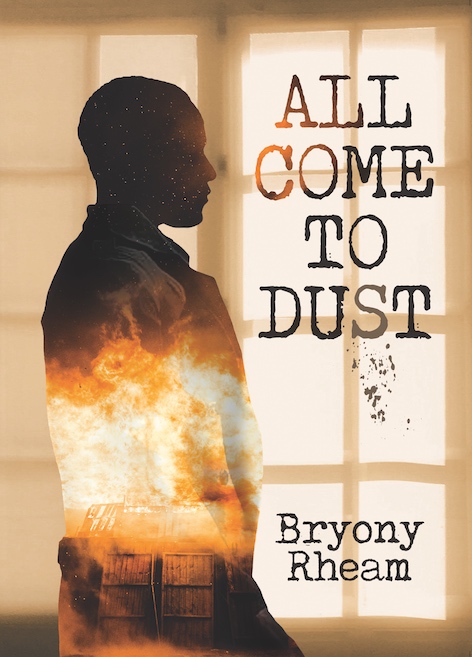
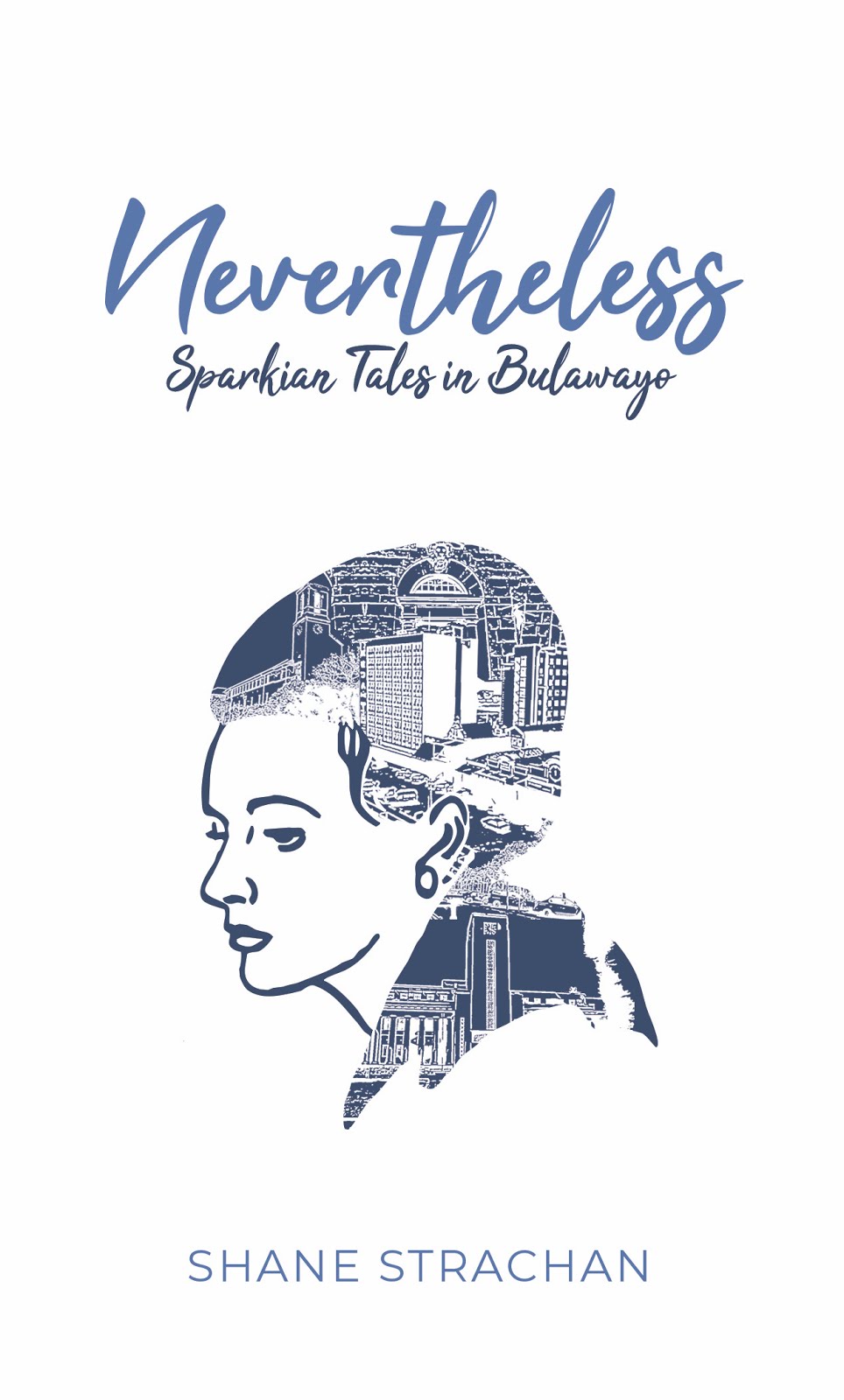





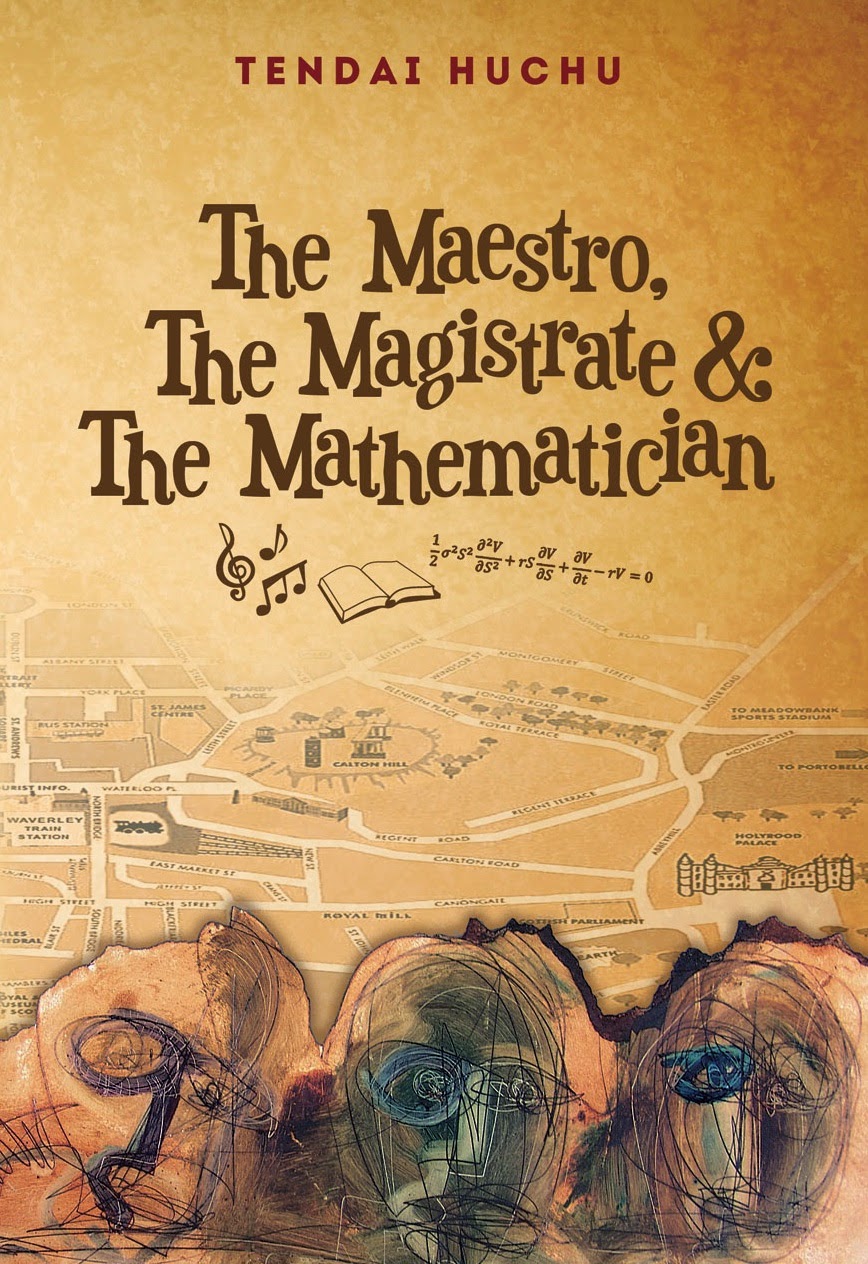
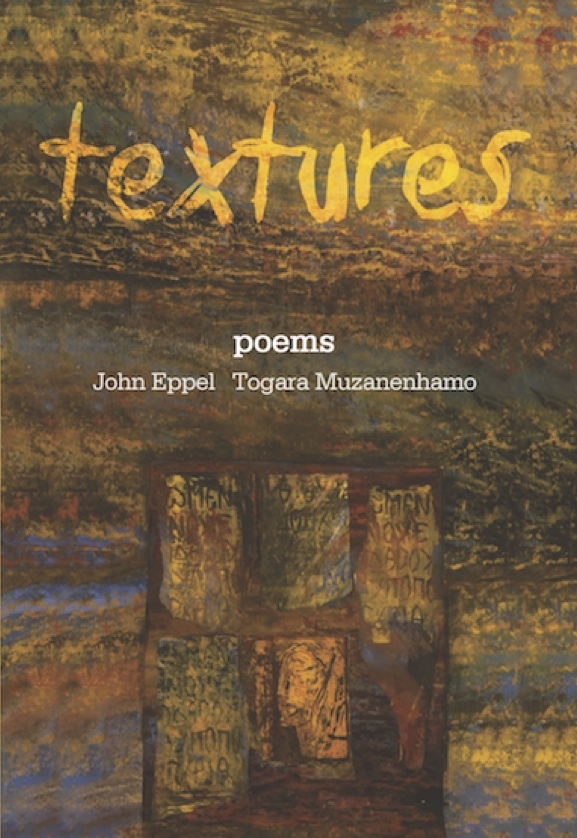
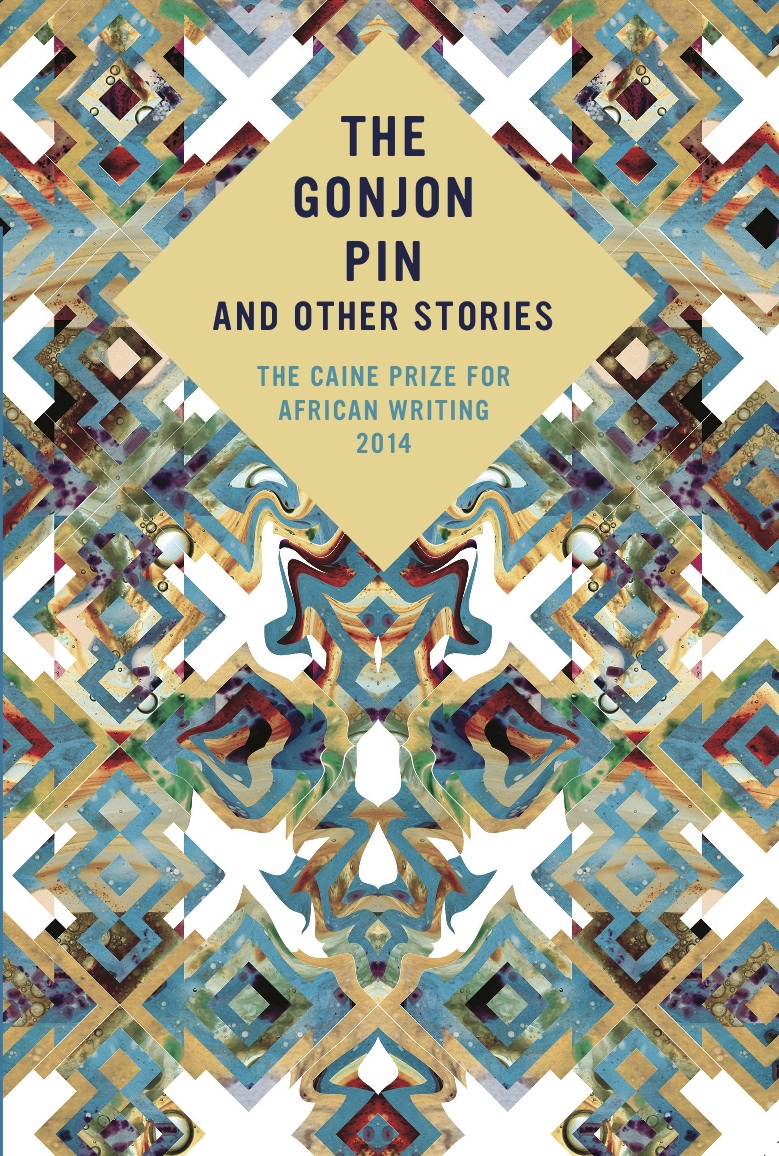
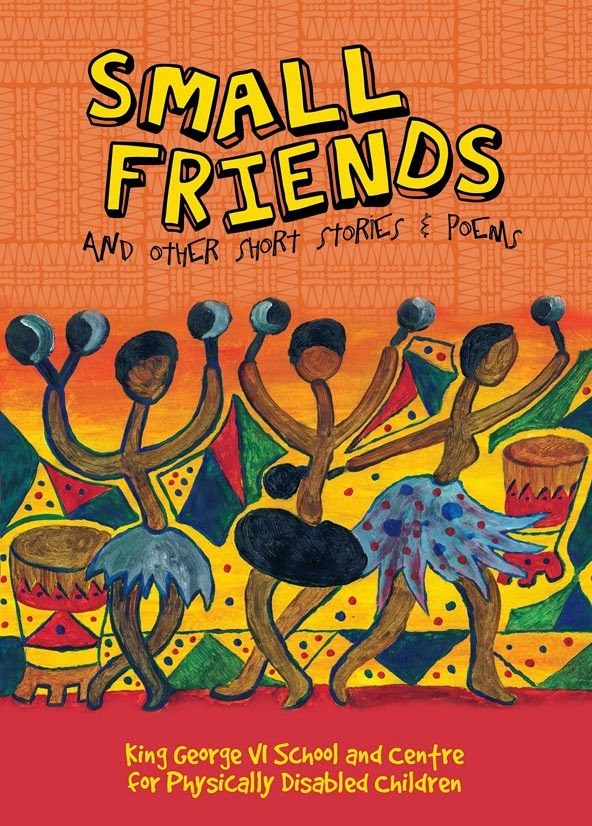
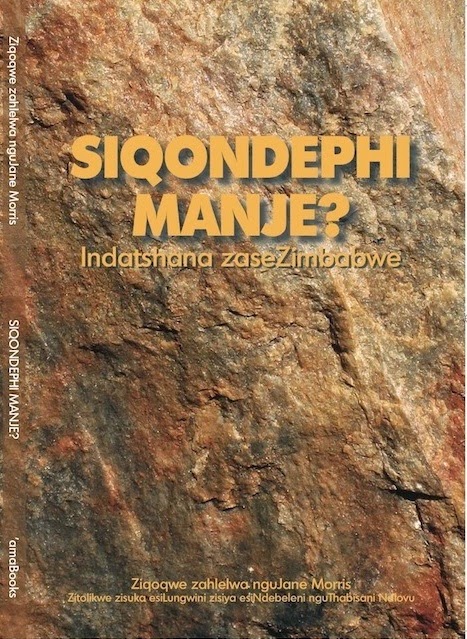
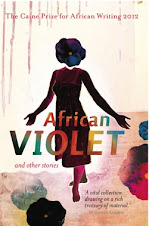

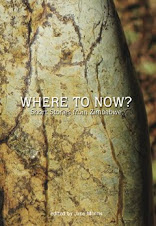
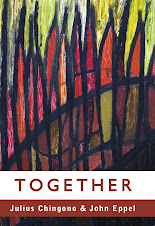
.jpg)

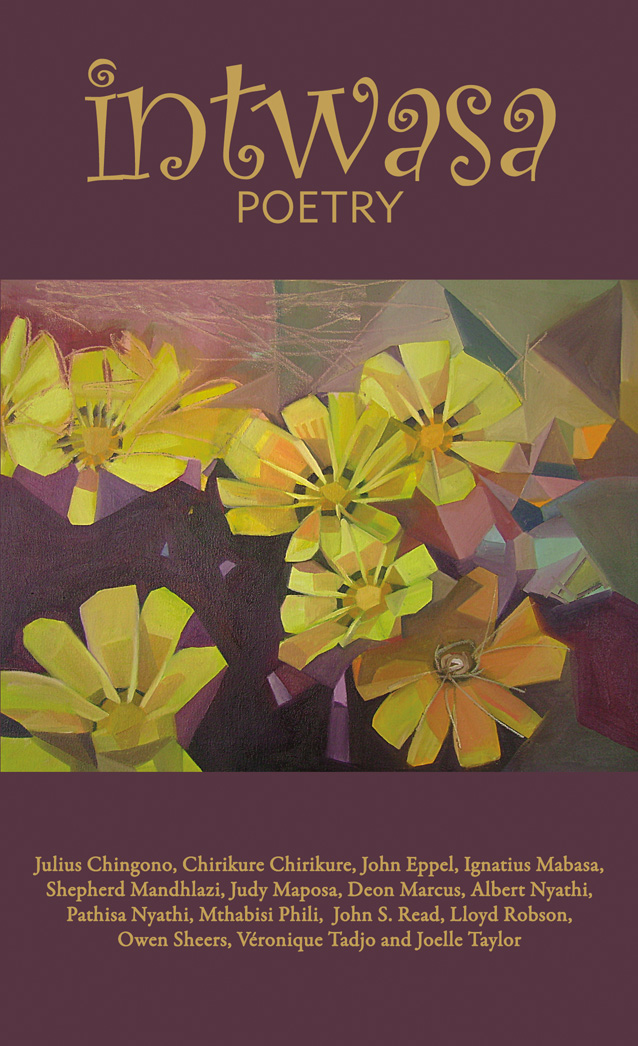


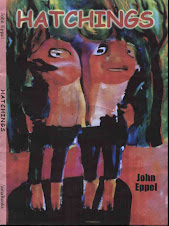













.jpg)

